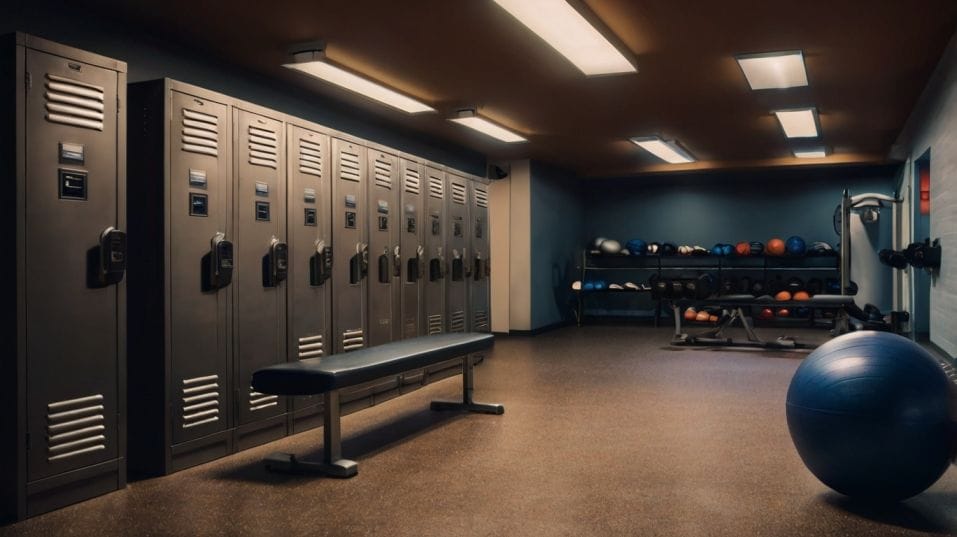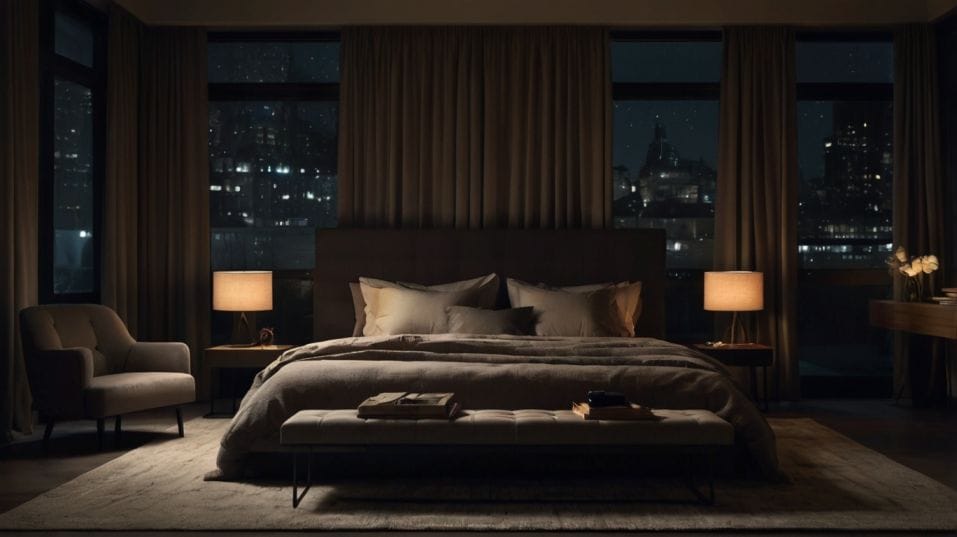Why Athletes Prioritize Sleep Like Training
Discover how top athletes use sleep to boost performance—and how you can too. Get simple, science-backed tips to sleep deeper and recover faster.

What if the secret to peak performance wasn’t in your workouts, but in your pillow? Elite athletes treat sleep like training—on purpose, on schedule, and without compromise. Why? Because real gains happen when you're off the clock.
Whether you're chasing personal bests or sharper thinking at work, dialing in your sleep is the simplest way to level up recovery, energy, and focus. You don’t need to go pro—just start sleeping like one.
Athletes Aren’t Guessing—They’re Optimizing
Top athletes have access to the best performance science on the planet. So when nearly every elite performer is logging 9+ hours of sleep, that’s not a coincidence—it’s data in action.
LeBron James reportedly sleeps 10–12 hours per night. Usain Bolt? Same. Even Olympic swimmer Michael Phelps credits consistent, quality sleep for keeping his training on track and his recovery dialed in.
Why? Because sleep is where progress happens. Physical repair, muscle growth, and memory consolidation all happen during deep and REM sleep cycles.
This is when your body makes real gains from your workouts. No amount of supplements or training volume can replace that.
But this isn’t just for pros. Your brain and body respond the same way. When you sleep like an athlete, you recover like one—and you perform better the next day, in everything from workouts to meetings to creative work.

Training Without Sleep Is Spinning Your Wheels
If you’re putting in the work—early runs, evening lifts, focused routines—but still feel drained, it’s not always a motivation problem. It’s a recovery gap. You can’t outwork bad sleep.
During deep sleep (slow-wave sleep), your pituitary gland releases growth hormone. This isn't hype—it’s the primary driver of tissue repair, muscle recovery, and physical regeneration.
Sleep also reduces inflammation, clears brain waste through the glymphatic system, and resets your nervous system. That means quicker reflexes, faster reaction times, and better coordination. All measurable. All proven.
Even just one night of short sleep (under 6 hours) can reduce peak power output, increase time to exhaustion, and impair glucose metabolism—all things you need to function well, whether you’re training for a marathon or grinding through a workweek.
So, if you’re serious about performance, you can’t treat sleep as optional. It’s not your reward—it’s your fuel.
How the Best Sleep—and How You Can Too
You don’t need a sleep lab or a wearable tracker to make real gains. Start with the basics. Build a routine that helps your body know what to expect. Athletes call it “sleep hygiene,” but really, it’s just common sense backed by neuroscience.
Create a Wind-Down Window
Most people try to go from full-speed to lights-out in five minutes flat. It doesn’t work. About an hour before bed, start dialing everything down.
Dim your lights. Step away from screens—TV, phone, laptop. Blue light from screens suppresses melatonin, your natural sleep hormone. That’s not “tech fear”—it’s biology.
Try replacing your last hour of screen time with something low-stimulation. Read. Journal. Stretch. Just don’t scroll.
Set a Bedtime—and Stick to It
Your body runs on a 24-hour clock. Disrupt that rhythm, and everything from hormone production to appetite regulation gets thrown off.
Athletes benefit from regular sleep-wake times because their bodies can predict and prepare for recovery.
Choose a bedtime that gives you at least 7.5 to 8 hours, and protect it like a training session. Go to bed and wake up at the same time—even on weekends. That consistency helps lock in deep, high-quality sleep.
Cool, Dark, and Quiet Wins Every Time
You sleep best when your core body temperature drops. Set your room temp between 65–67°F (18–19°C) if you can.
Blackout curtains or a sleep mask can block light that messes with melatonin. Use earplugs or white noise if sound is an issue.
These are the exact strategies elite athletes use in hotel rooms before game day. They’re not fancy. They’re effective.
Don’t Let Caffeine Sneak In
Caffeine has a half-life of 5–6 hours, which means if you drink it at 4 p.m., a decent dose is still in your system at 10 p.m. If sleep is the goal, cut it off by early afternoon. You’ll fall asleep easier and stay asleep longer.
Sleep Is an Extension of the Day, Not the End of It
When you see sleep as the final phase of performance—not a shutdown, but a setup—you start thinking differently. You prepare for it. You prioritize it. Athletes don’t wait to get tired. They plan for recovery.
What Happens When You Start Sleeping Like This
Here’s what to expect when you make sleep a priority:
- Faster recovery after workouts. You’ll bounce back quicker, with less soreness.
- Sharper focus at work, in conversation, and during decision-making.
- More stable energy—no more 3 p.m. crashes or sluggish mornings.
- Improved mood and motivation, which fuels both physical training and mental endurance.
- Better workouts. Strength, speed, and coordination all improve with consistent, high-quality sleep.
And it doesn’t take months to notice. Most people feel a difference in energy and clarity within just a few nights of better sleep.
Final Thoughts: Start Sleeping Like You Mean It
Sleep isn’t a weakness. It’s not downtime. It’s your edge.
Athletes don’t hope for great recovery—they train for it. You can too. You don’t need to overhaul your life. Just start with your bedtime.
Build a routine around it. Treat it like the foundation of your performance, not the leftover hours at the end of the day.
Ready to feel stronger, think faster, and show up with more energy? Start tonight. Sleep early. Sleep smart. Perform better.




